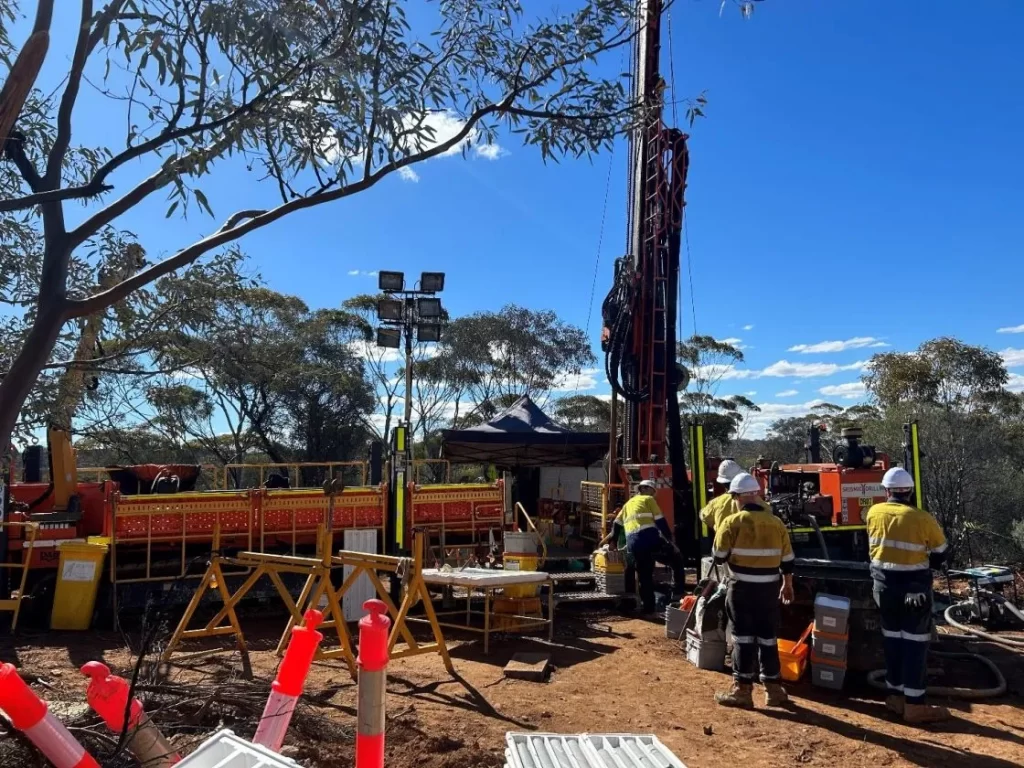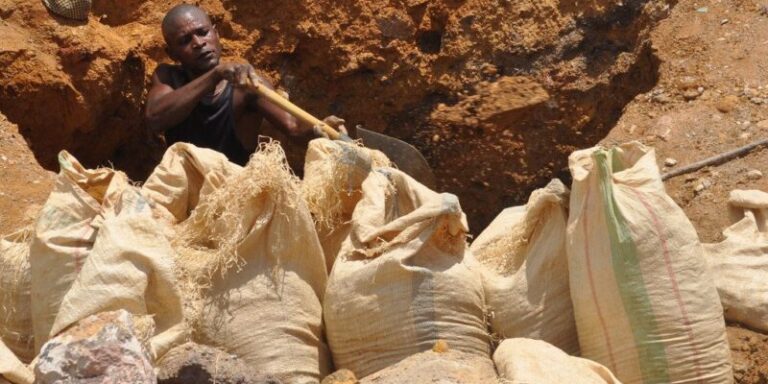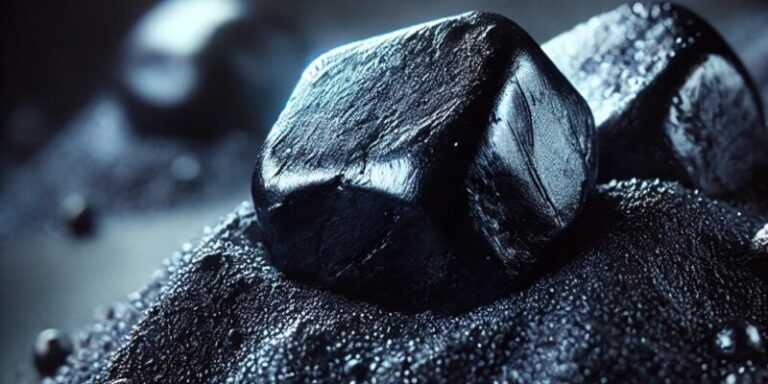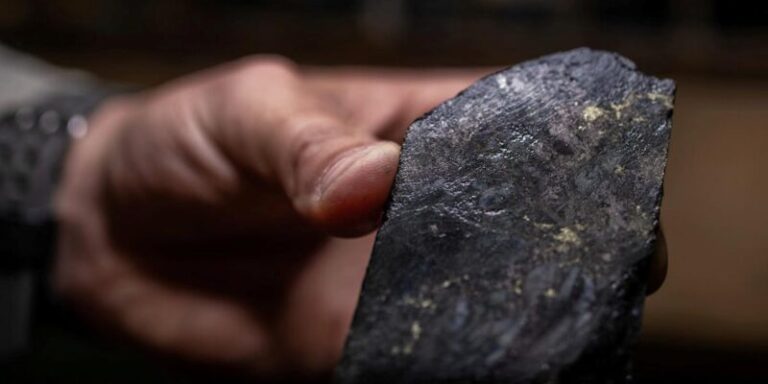
Arcadia Minerals is reassessing the testing methodology for its Bitterwasser Lithium Clay Project after receiving inconsistent assay results.
The project, owned 50% by Arcadia Minerals through Brines Mining Exploration, is located in the Hardap Region, about 190 km southeast of Windhoek. It encompasses four exclusive exploration licenses: EPLs 7614, 8101, 8102, and 8103.
The inconsistency arose from 27 drill hole samples taken from the upper and lower sand units, which showed a more than 200% variance in lithium content between two accredited laboratories.
These laboratories employed two different analytical methods: inductively coupled plasma optical emission spectroscopy (ICP-OES) and inductively coupled plasma mass spectrometry (ICP-MS).
Arcadia Minerals highlighted that the ICP assay methods used in these tests can cause spectral and physical interferences in certain brine samples, affecting the accuracy of the results.
CEO Philip le Roux acknowledged the challenge posed by the significant variance in the assay results, stating that the company will refine its analytical and sampling processes.
The goal is to ensure that the assay methodology is suitable for the Bitterwasser Brines and produces accurate, reliable results.





